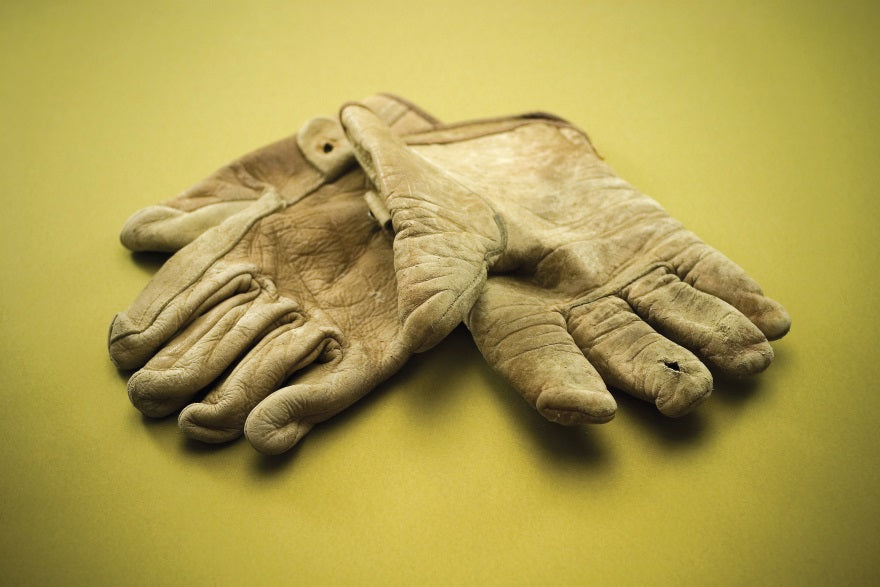The Christian worker: Faith, trust and dependence

Trevor Cairney
Work is an important part of life and can take us down many pathways. In my case, after a short stint as a first-year trainee Mechanical Engineer, I decided this wasn’t for me. After suitable training, I became a teacher. Just ten years later, after teaching in a variety of schools and serving as a curriculum consultant, I moved to higher education and roles as a teacher, researcher and in time, leader at the department, faculty and institutional levels. Over a period of 25 years I assumed varied roles, before becoming the Master of New College (UNSW). Three broad phases, spanning forty years, and three different experiences of work and leadership.
I didn’t become a Christian until I had been teaching at university for several years. A dramatic conversion led to a rethinking of just about everything in my life, including the place of work and leadership. Before following Christ, I saw myself as the controller of my world, the master of my destiny, with ambition, knowledge and skills as the key drivers. Not surprisingly, I was prone to see that much depended on me! But as a new Christian I was confronted by two life-shaping truths from God’s word.
First, my sense as a new convert was that God somehow needed me as his ‘warrior’, doing good and living ‘my’ life for him. But as the Apostle Paul reminded the early church in Corinth, our lives are God’s already:
Do you not know that your bodies are temples of the Holy Spirit, who is in you, whom you have received from God? You are not your own; you were bought at a price. Therefore, honour God with your bodies. (1 Corinthians 6:19b-20)
What a surprise for an ambitious young man; I wasn’t in charge! As the great Jonathan Edwards taught, I was to ‘live with a single, all-embracing, all-transforming passion—namely, a passion to glorify God by enjoying and displaying his supreme excellence in all spheres of life’.[i]
Second, what was to be the driver of my zeal and passion for Christ? Where did this passion come from? William Tyndale answered this question long ago in a simple, yet profound way, echoing the Word of God: ‘Faith is the life of man (sic), out of which life, the pleasantness of all his works spring.’[ii]
Faith is the ‘first moment of divine grace’.[iii] It does not follow action, so we need to avoid the temptation to pursue good works which we’ve decided will bring glory to God, and perhaps even favour in his eyes. This is foolishness, for faith is the ‘root’ of morality. In fact, ‘without faith we cannot please God’.[iv]
When we reflect upon great Christian leaders who have coped with adversity, oppression, disappointments, and even failure, we observe lives of faith, trust and dependence on God. As a leader, or worker, what motivates us? To where do we go when things seem far too hard? Do we simply plumb the depths of our personal resources, trying to generate more ideas, making excuses or blaming others for our failures and struggles? Whether you are a teacher, sales assistant, CEO, work supervisor, parent, or machine operator, ask yourself, what is your key challenge? Where do you first seek help? As you consider tasks and people, do you despair that the challenges are too great? The starting point for addressing real life issues of this type is to seek God’s gracious enabling (1 Timothy 1:12). We need to seek his strength, his will and his priorities for our lives. When work seems too difficult due to a broken or seemingly irreparable relationship, or if the blunder last week seems too big to recover from, we need to remember that God owns our lives, and embark on them each day in faith with Him.
[i] John Piper, Don’t Waste Your Life (Crossway Books, 2003), p31.
[ii] William Tyndale, Expositions of Scripture and the Practice of Prelates, Henry Walter (Ed.), (Cambridge University Press, 1849), p125.
[iii] Oliver O’Donovan, Self, World, and Time: Ethics as Theology 1 (Eerdmans, 2013), pp105f.
[iv] Ibid., p106.
Leave a comment
Comments will be approved before showing up.



